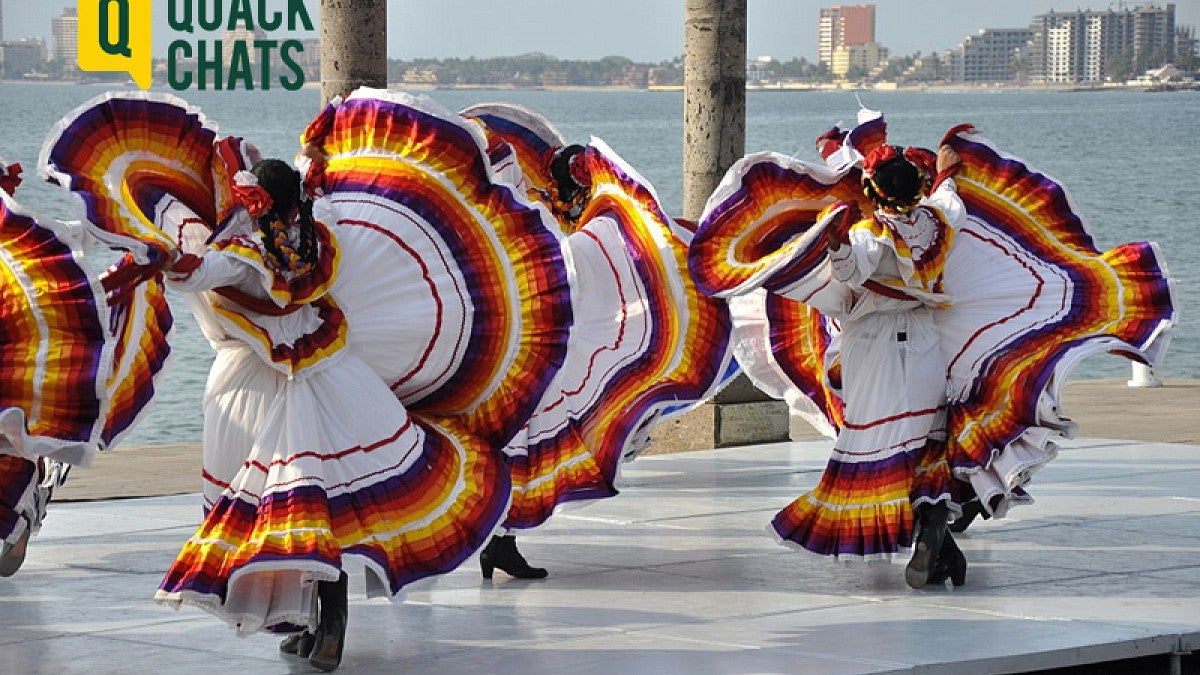Close your eyes and move your hands directly in front of your face without making contact. If that task is difficult, your proprioception may be out of whack.
In a Quack Chats pub talk Wednesday, Oct. 11, the UO’s Andy Karduna will explore what is considered a sixth sense — our innate sense of awareness about the movements of our bodies in a given space.
His pub talk, which will feature demonstrations, will begin at 6 p.m. at the Ax Billy Grill at the Downtown Athletic Club, 999 Willamette St., in downtown Eugene. Admission is free. Food and drinks will be available for purchase.
Athletes, construction workers, dancers and trapeze artists are among those whose activities rely heavily on proprioception. Police tap it when they ask a motorist to close the eyes and touch the nose as a test for impairment.
Yet hardly anyone thinks about this brain-body awareness, how it works and why it is important, according to Karduna, a professor of human physiology and associate dean of the Graduate School.
Karduna studies proprioception and works with physicians at the Slocum Center for Orthopedics & Sports Medicine and physical therapists at Oregon Medical Group to help people overcome connective-tissue injuries to shoulders, arms, wrists, knees and ankles that disrupt vital signaling between limbs and the brain.
He also studies how it relates to shoulder impingement, a common condition of adults 45–65 years of age, under a grant from the National Institutes of Health.
“I hope my talk will help people understand what this sixth sense is all about, how we measure it, why it is important and how something we use without realizing it can be disrupted,” Karduna said. “Someone who has altered proprioception could be at risk of an injury, or an injury can throw off a person’s awareness. There can be huge implications for recovery.”
His research emerged from his interest in biological mechanics after earning a bachelor’s degree in mechanical engineering from Massachusetts Institute of Technology. He earned a master’s degree and doctorate, both in biomedical engineering, respectively, from Johns Hopkins University and the University of Pennsylvania.
Quack Chats, an outreach effort of University Communications, are designed to engage the public with UO researchers in an informal atmosphere.
Another University Communications public outreach event, Run with a Researcher, begins a new academic year at 9 a.m. Saturday, Oct. 7. The monthly event is open to the public. Participants should meet at the “O” desk on the lower level of the Erb Memorial Union.
Four UO representatives — Dev Sinha and Jim Isenberg, mathematics; Keith Frazee of educational methodology, policy and leadership, and enrollment management; and Marcus Langford, assistant dean of students for leadership and engagement — will lead participants on a 3.1-mile walk or 4.5-mile run. Paces are adjusted to participants’ abilities.
This month also will feature a special second Run with a Researcher on Saturday, Oct. 28, to coincide with homecoming and the UO Innovation Summit. It also will begin at 9 a.m. with meet-up at the “O” desk.
—By Jim Barlow, University Communications


